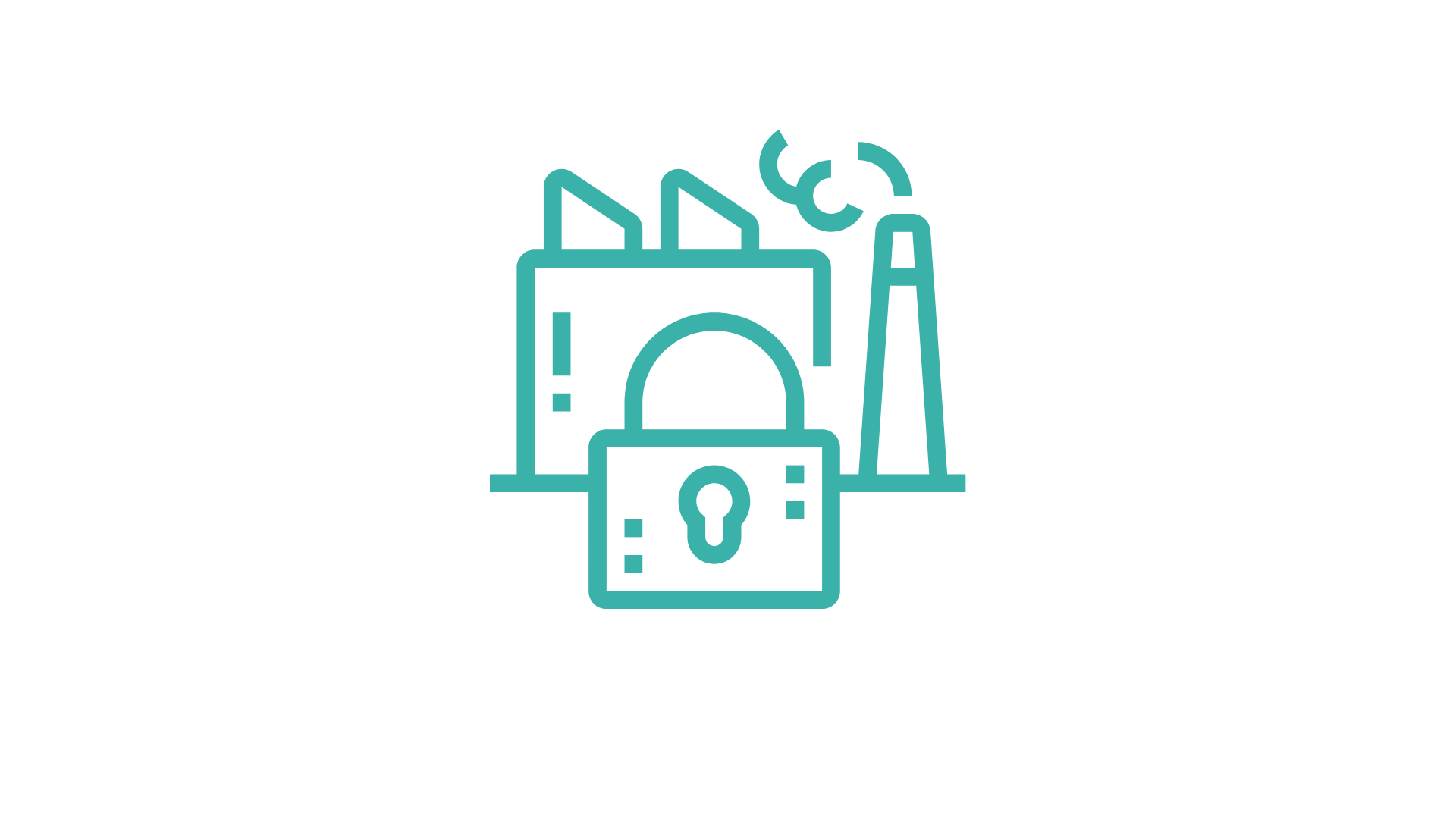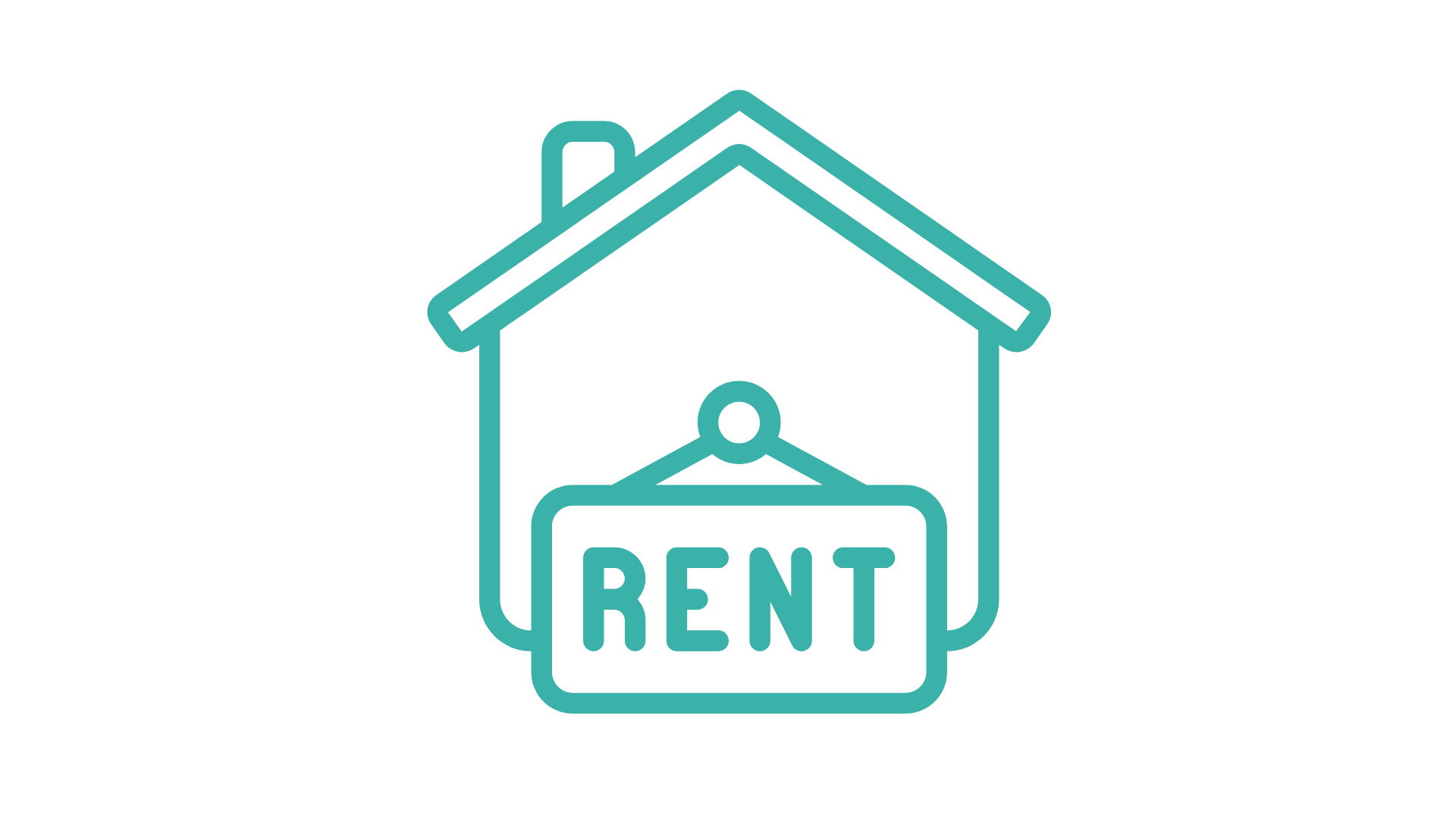Suspension of business activity - what obligations does it involve and what benefits does it give?
Most entrepreneurs decide to suspend their activities when they lose financial liquidity, and thus lack funds to pay fixed costs, contributions and taxes. It is of great importance whether running a company is associated with seasonality and the lack of orders to obtain sufficient profit. The reason for the suspension of activity may also be random events, prolonged illnesses of the owners, trips abroad, etc.
During the suspension period, the entrepreneur does not have to submit VAT returns and does not pay income tax advances. The entrepreneur is also deregistered from ZUS, which results in no need to pay contributions.
[accounting_banner]
RESPONSIBILITIES AND FORMALITIES
An entrepreneur entered into the CEIDG may suspend sole proprietorship for a minimum of 30 days and a maximum of indefinite time. On the other hand, an entrepreneur entered into the National Court Register may suspend business activity for a period of 30 days to 24 months.
From April 30, 2018, an entrepreneur who employs employees, including those on maternity or parental leave, has the right to suspend business activity. In the case of partners in civil, general or professional partnerships, the suspension of economic activity by one of the partners is effective only if it is also made by the other partners.
In order to suspend the activity, the entrepreneur must submit a CEIDG-1 application to the commune office (in person or electronically), which is automatically sent to the Social Insurance Institution, Tax Office and Central Statistical Office. After receiving such information, ZUS will notify the payer of the documents prepared in this connection. An entrepreneur operating in the form of a commercial company submits a notification of suspension of activity in the National Court Register.
INCOME TAX
The privilege of the suspended activity is that the taxpayer does not have to calculate and pay income tax advances.
The entrepreneur keeping the Tax Revenue and Expenditure Book is not obliged to prepare a physical inventory as at the date of suspension and resumption of activity. However, if the suspension covers the end of the tax year, the entrepreneur is obliged to submit an annual tax return, prepare an inventory, close the book and determine income or loss.
During the suspension of business activity, the taxpayer cannot earn revenues from current operations, but has the right to sell fixed assets and company equipment - then such revenue should be reported to PKPIR as other revenue.
Expenses towards fixed liabilities, which are the result of contracts concluded before the suspension, e.g. telephone subscription, rent for renting premises, real estate tax, leasing installments, etc. may be tax deductible and shown in the Tax Income and Expenditure Book.
When settling with a lump sum on registered revenues, there is no obligation to calculate and pay flat-rate income tax for the months in which the activity is suspended, however, revenue records should still be kept.
The tax paid in the form of a tax card during the suspension period is not charged with the tax paid in the form of a tax card for the entire duration of the suspension, in the amount of 1/30 of the monthly payment for each day of suspension.
VAT
taxpayer VAT there is no obligation to submit declarations for the settlement periods to which the suspension applies. If the taxpayer obtains revenues (eg from the sale of fixed assets) and a tax obligation arises during the suspension period, he must submit a VAT return.
An entrepreneur settling VAT has the option of deducting VAT from fixed expenses resulting from contracts concluded before the suspension by submitting declarations. However, it should be remembered that the Office may remove a taxpayer from the VAT register, e.g. if the taxpayer has suspended the pursuit of economic activity on the basis of the provisions on the suspension of economic activity, for a period of at least 6 consecutive months.


